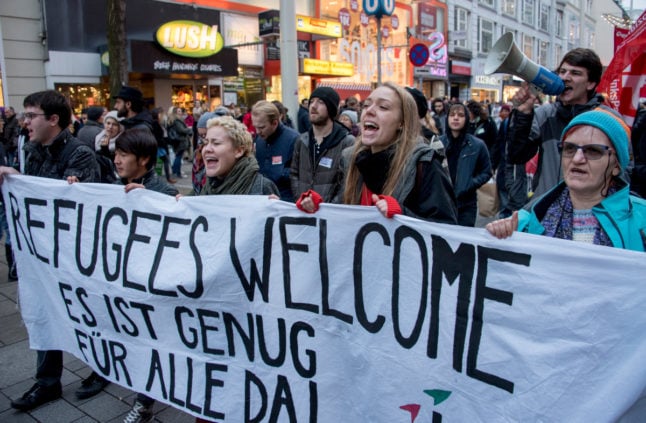"We don't need Erdogan in Vienna. I'll tell him right now: 'Erdogan, stay at home'," Freedom Party (FPOe) leader Strache told the daily Oesterreich.
Erdogan is expected to hold a rally in Vienna on June 19th in what is seen as a bid to win overseas votes ahead of presidential elections in August — although he has yet to announce his candidacy.
An estimated 100,000 eligible Turkish voters live in Austria.
Last month, a similar rally in Germany was attended by some 20,000 Erdogan supporters. But it also drew some 40,000 protesters who blasted Erdogan's Justice and Development Party (AKP) as fascist and anti-democratic.
Erdogan has come under increasing pressure at home over the past year for what many perceive as a move towards a more authoritarian rule.
So far, no bilateral meetings have been planned for the Turkish premier during his Austrian visit.
"If he wants to come here on a state visit, he may of course. But he won't be meeting any politicians during his Vienna visit," said Strache.
"This is just a propaganda campaign for his Erdoganistan. I find this alarming," he added, insisting that Erdogan was seeking to establish a "parallel society" in Austria.
The populist Freedom Party (FPOe) opposes Turkey's proposed admission to the European Union and is also strongly anti-immigration and anti-Islam.
In recent EU elections, the FPOe — which has been seeking an alliance with France's National Front and Italy's Northern League — won 19.7 percent of votes, finishing third behind the ruling parties.



 Please whitelist us to continue reading.
Please whitelist us to continue reading.
Member comments